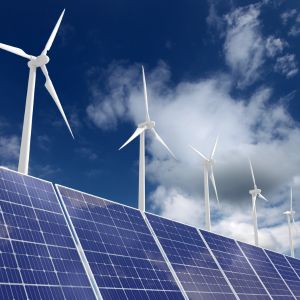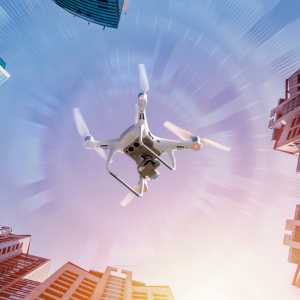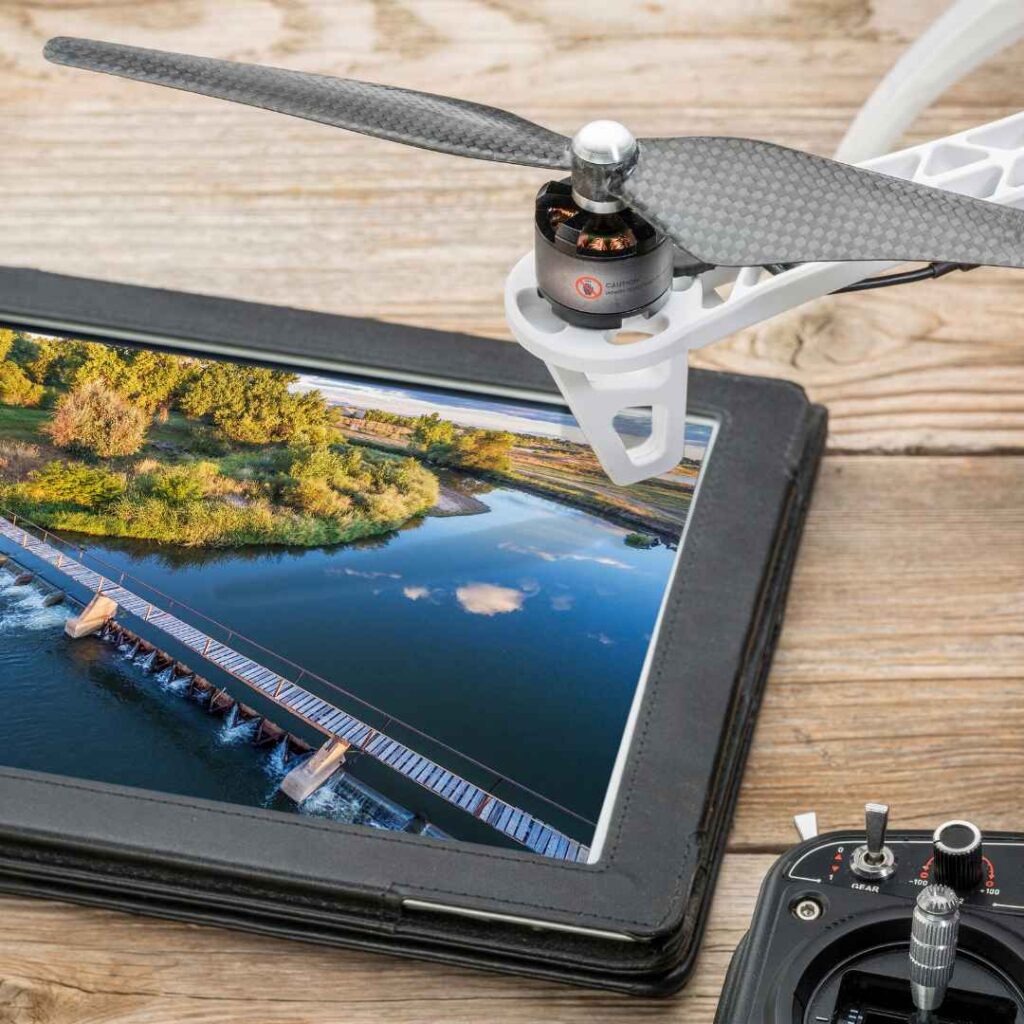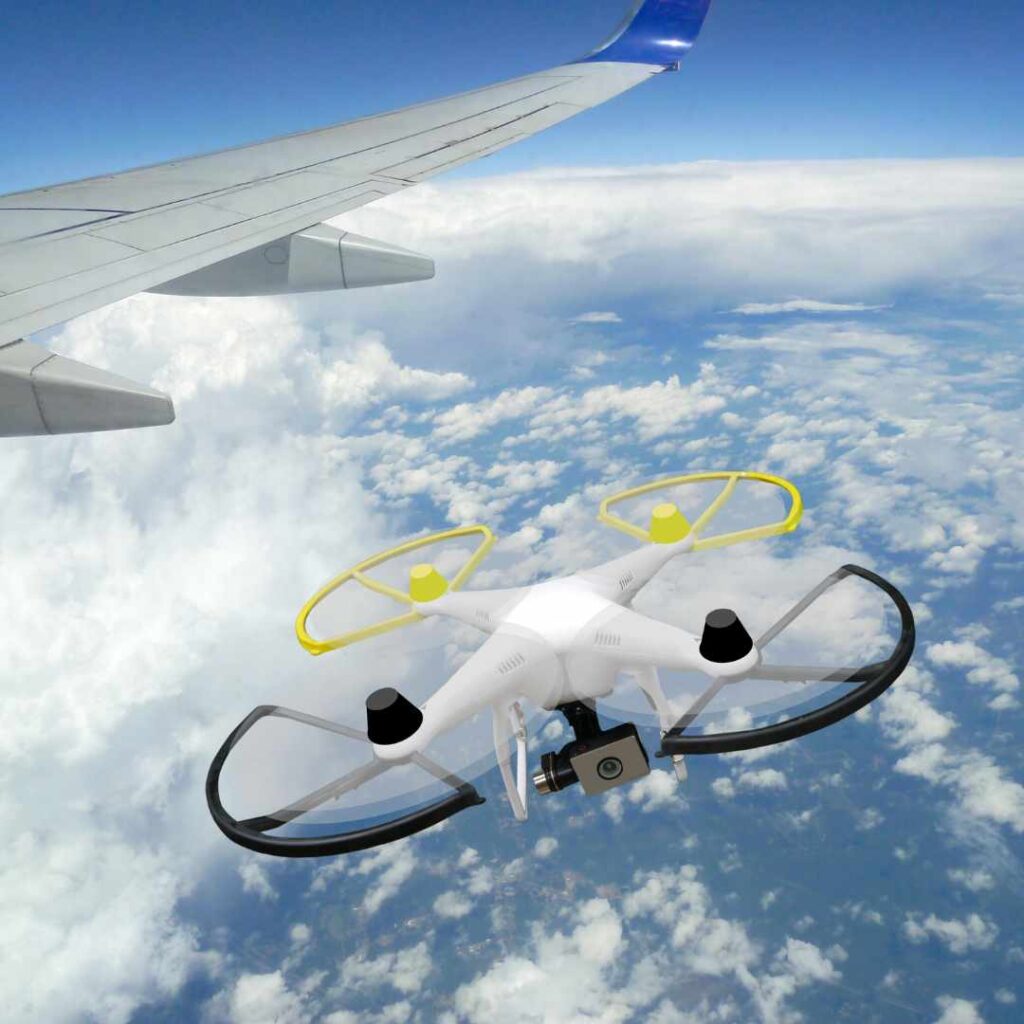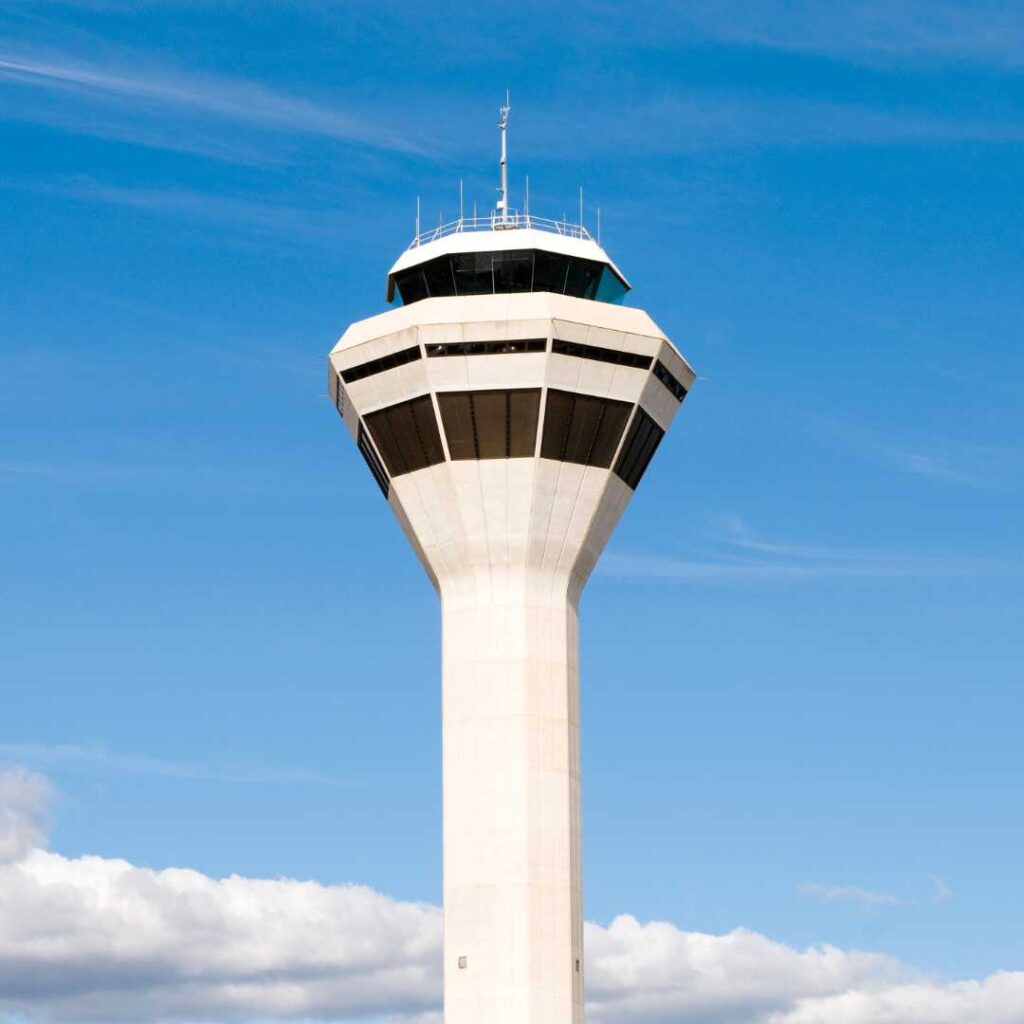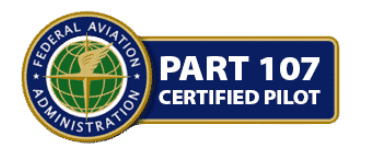You may be familiar with the term solar energy and its potential to revolutionize our world, but have you considered the vital role that drones can play in maximizing the efficiency of this renewable energy source?
This post will explore 7 key advantages of using drones in solar energy, from simplified inspections to improved maintenance procedures.
These benefits ultimately propel us toward a more sustainable future. Let’s examine the innovative ways drones shape the solar energy landscape like never before.
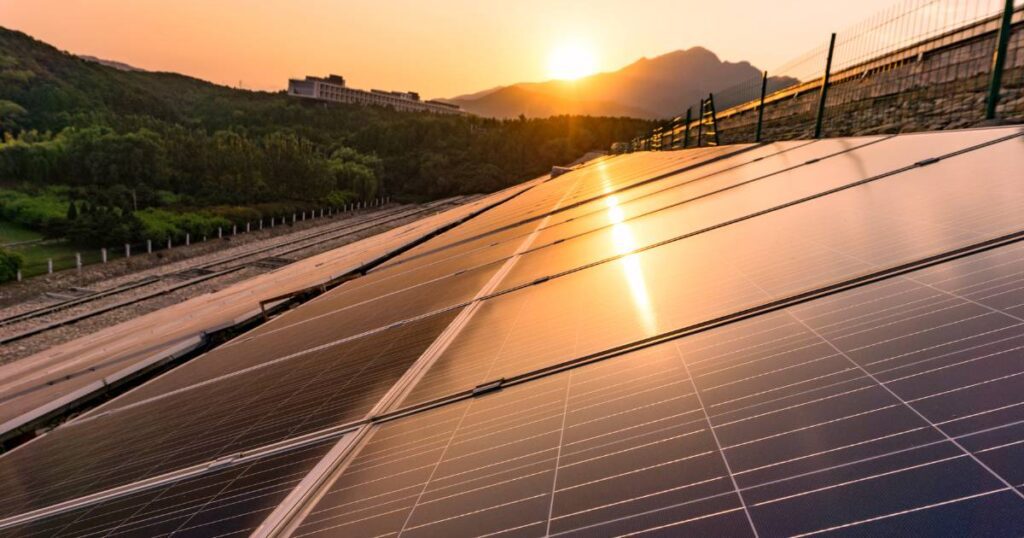
Here are the Top 7 Advantages of Using Drones in Solar Energy
1. Precision and Efficiency
Accurate Solar Panel Inspections
Drone technology’s efficiency has revolutionized the way we inspect solar panels. Drones with high-resolution cameras and sensors can easily detect even the most minor issues in solar panels. This accuracy is crucial for identifying hot spots, cracks, or other damages that may affect the overall efficiency of the solar system.
Time Management and Rapid Data Acquisition
Data collection with drones not only ensures precise results but also saves a significant amount of time. With drones, solar panel inspections that used to take days can now be completed in hours. The rapid acquisition of data allows for quick identification of problems, enabling prompt maintenance and maximizing energy production.
To further enhance efficiency, drones can be programmed to follow a specific flight path, ensuring that every inch of the solar panel array is thoroughly inspected. The real-time data transmitted by drones provides instant feedback to analysts, allowing them to make informed decisions swiftly.
2. Cost Reduction Strategies
Minimized Operational Expenses
Reducing operational expenses is a significant benefit of using drones for solar energy applications. Drones can efficiently conduct inspections and maintenance tasks, reducing the need for manual labor and lengthy downtime. By utilizing drones, companies can save on costs associated with traditional solar panel monitoring and upkeep methods.
Enhanced Safety and Reduced Insurance Costs
Operational safety is paramount in the solar energy industry, and drones are vital in enhancing safety measures and reducing insurance costs. Drones can reach high-risk areas without endangering human lives, minimizing the chances of accidents and injuries. This increased safety record can lead to lower insurance premiums for solar companies, resulting in substantial cost savings in the long run.
Minimized risk of accidents and injuries by using drones for inspections and maintenance tasks can significantly reduce insurance premiums for solar companies. This enhanced safety measure protects human lives and saves costs associated with potential workplace incidents.
3. Data and Analytics

Drones provide valuable imagery and data for solar energy projects and offer advanced analytics that can revolutionize the industry.
By utilizing drones equipped with sophisticated imaging technology and data analytics software, solar companies can extract valuable insights that were previously unattainable.
Advanced Imaging for Solar Analysis
- Solar Panel Health: Determines the health and efficiency of individual solar panels.
- Shading Analysis: Identifies areas of shading that may affect solar energy production.
Real-time Data for Proactive Maintenance
An innovative application of drone technology in the solar industry uses real-time data for proactive maintenance. With drones equipped with sensors and cameras, companies can now monitor the condition of solar panels and infrastructure in real time, allowing for early detection of issues and proactive maintenance to optimize system performance.
Imaging technology on drones can capture detailed images of solar panels, allowing for the identification of potential defects.
4. Environmental and Accessibility Advantages
Low Impact Surveying
Launching drone-enabled surveying missions for solar installations involves minimal environmental disruption. This approach allows for precise data collection with minimal disturbance to the surrounding ecosystems. Drones can navigate through the air with minimal impact on vegetation, wildlife, and terrain, providing an efficient and eco-friendly means of gathering important information for solar projects.
5. Accessing Remote and Difficult Terrains
Utilizing drones to reach remote and challenging terrain offers unparalleled advantages. These unmanned aerial vehicles can access otherwise inaccessible areas to conventional surveying methods. They can fly over rugged landscapes, cross rivers, and even ascend mountainous regions, providing a comprehensive view of potential solar sites that would have been difficult or dangerous to reach otherwise.
Impact: Drones have revolutionized the way we approach surveying tasks. They offer efficient data collection from previously unreachable locations, reduce the need for ground personnel to navigate precarious environments, and ultimately minimize risks and costs associated with traditional survey methods.
6. Integration and Innovation
Seamless Integration with Existing Systems
With the advancement of drone technology, their integration into solar operations has become seamless. Drones can easily be equipped with cameras and sensors to monitor solar panels for damage or malfunction, allowing for efficient maintenance and early detection of issues.
7. Future Developments and Technological Advancements
Technological advancements in drones for solar applications are on the horizon. These developments include more sophisticated AI algorithms for data analysis, allowing drones to detect issues and recommend optimal solar panel placement and maintenance strategies.
This could revolutionize the efficiency and productivity of solar energy systems.
Innovation: As drones continue to evolve, the potential for innovation in the solar industry is immense.
Companies are exploring using drones for autonomous panel cleaning and even drone-based solar panel installation. This level of automation could drastically reduce costs and increase the accessibility of solar energy.
Conclusion
The 7 key advantages of using drones in solar energy include enhancing efficiency, safety, data accuracy, and cost-effectiveness. Drones revolutionize maintenance and monitoring by inspecting panels and sites precisely, identifying potential issues early.
They enable swift, high-resolution data capture for timely decisions and solar system optimization. Moreover, drones reduce manual labor, minimize risks, and boost operational productivity, underscoring their significant advantages in the solar industry.
For a sustainable and advanced solar future, embrace drone technology. Contact Aerial Innovators for more information.
